What is selective laser melting(SLM)?
SLM: Selective laser melting (selective laser melting), is a 3D printing technology for metal materials. Selective laser melting process: uses software to generate 3D CAD slice models for parts orders, and after obtaining the size data of each section, uses a laser as an energy source, combined with the size data, to selectively scan metal powder layer by layer. By spreading powder layer by layer, scanning the melting, solidification, and accumulation methods layer by layer, the effect of metallurgical bonding is achieved, and finally the metal parts designed by the model are obtained.
SLM 3D printing technology
- SLM can produce parts with complex shapes without specific molds, improving production efficiency and saving mold production costs.
- The product has high precision. The laser is used to irradiate the surface of the metal powder to rapidly heat and melt the surface. It can be processed by the movement of the manufacturing platform to produce high-precision parts.
- Wide range of selective laser melting applications: SLM technology is applicable to almost any metal material, including titanium alloy, stainless steel, and aluminum alloy.
- Structures that are difficult to form with some molds can be produced. If cellular type products.
Materials for SLM:
SLM materials: Such as: Titanium alloy, aluminum alloy, stainless steel, high strength steel, copper alloy, tungsten alloy and so on.
| Titanium
TC4,TC4DT,TC6, TC11,TC17 ,TC18,TC21, TA7,TA12,TA15, Ti40,Ti60,TA19
|
Aluminium
AlSi12,AlSi10Mg, AlSi7Mg,AlSi9Cu3, AlMg4.5Mn0.4 |
High strength steel
Aermet100,300M, 30CrMnSiA, 40CrMnSiMoVA |
Copper and copper alloys |
| Stainless steel
304,316L,321,15-5PH, 17-4PH,2Cr13 |
Superalloy
Inconel718(GH4169), Inconel625(GH3625), HastelloyX(GH3536), Haynes188,Haynes230, CoCrW.CoCrMo
|
Die steel
H13,18Ni300,Invar 36,420 |
Tungsten alloy
W-25,TAW |
Selective Laser Melting Advantages
SLM 3d printing technology is widely used in aviation, aerospace, automobile, industrial mold, medical and other fields. SLM technology produces parts with high density, high strength, and high precision, and can print complex-shaped parts such as cams, bases, and thin-walled structures. In the medical field, SLM solutions is applied to manufacture medical devices such as prostheses, which can quickly print out suitable prostheses according to individual needs, greatly improving the efficiency of surgery and the quality of treatment.
JH MIM Selective Laser Melting Machines And Applications
JH MIM introduced advanced selective laser melting 3d printer from 2021 , and completed equipment debugging and mass production. Please check below selective laser melting machines.
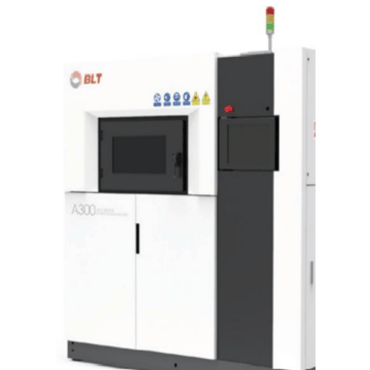
- Number of lasers: 1 (A160)/2 (A160D)
- Laser power: 200W/200W*2
- Plant load-bearing requirements: 500Kg
- Power/voltage: 2.5KW/4KW; AC220V
- Layer thickness: 20-40 microns
- Printable materials
Pure titanium, TCA
316L, 17-4. 420, C 300
316L, 17-4. 420, C 300
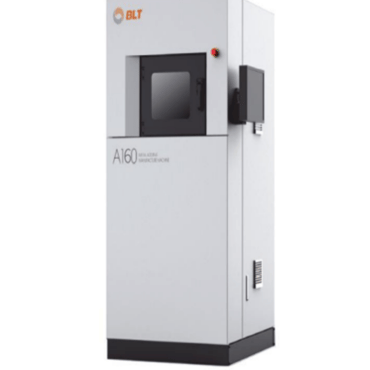
- Number of lasers: 1 (A160)/2 (A160D)
- Laser power: 200W/200W*2
- Plant load-bearing requirements: 500Kg
- Power/voltage: 2.5KW/4KW; AC220V
- Layer thickness: 20-40 microns
- Printable laser melting materials:
Pure titanium, TCA
316L, 17-4. 420, C 300
316L, 17-4. 420, C 300
Difficult-to-form material structures
Tungsten grating, Material: Pure Tungsten
- Traditional method: use powder metallurgy to manufacture tungsten sheets, and then
Cutting (dense density, low yield rate. Difficult to guarantee accuracy )
- Wall thickness: 0.1±0.025mm
- Performance: 3-point bending strength 285N (international standard>200N)
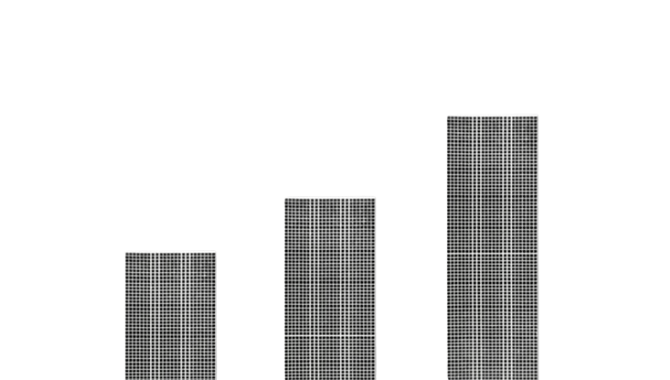
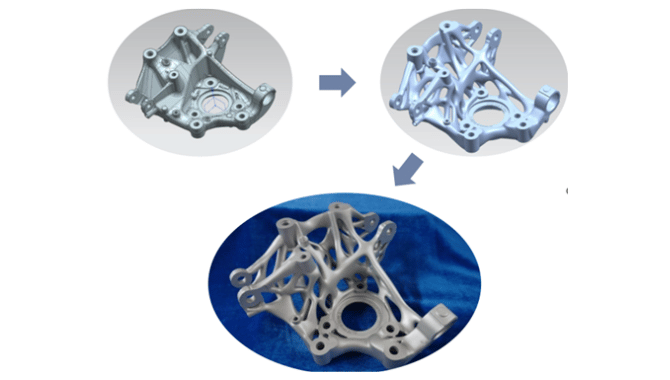
Structural optimization design, reduce product weight
Steering knuckle structure, material: aluminum alloy
Problems: 1. Casting defects are unavoidable and the scrap rate is high
.The product is overweight ·Solution: optimized design + 3D printing ·Effect: a. 33% weight loss
3D printing one-time forming, no metallurgical defects
For products with complex structures, molds are difficult to shape, and CNC cannot process them
C724C aviation bracket , material: titanium alloy
Shaped Lightweight Bracket
The exterior is a topological surface
Lightweight lattice structure inside
The whole is formed by titanium 3D printing at one time
76% weight reduction after optimized design
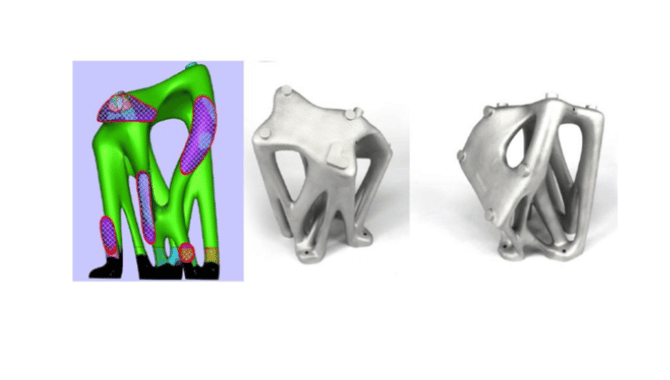
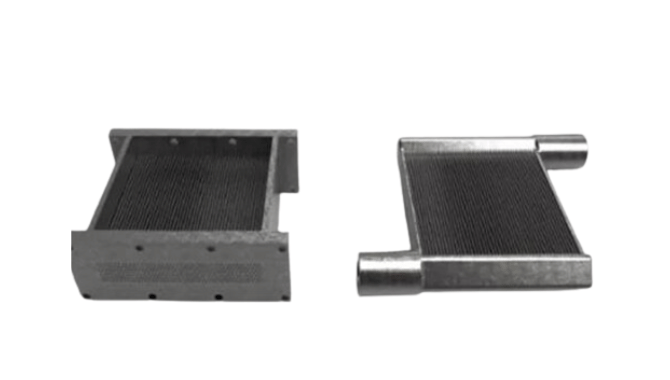
The thermal management of cooling products
Traditional crafts:
Large number of tubes and fins brazed assembly
Internal Straight Channel Splicing
Runner corners are sealed with plugs
SLM:
Spatial distribution of continuous flow channels and internal characteristic flow channels, fins, and complex structures conformal design the installation interface is free and efficient
Mounting Interface Design Restricted

